LEAP 2024 Conference took place on Wednesday, November 20th at DMACC. This year's conference featured a keynote address from Jordan Brooks from Iowa State University who challenged students to manifest their dreams and how knowing themselves can help them find a college and career that combines their passions and interests.
Brooks from Iowa State University who challenged students to manifest their dreams and how knowing themselves can help them find a college and career that combines their passions and interests.
LEAP was back for 2023 and, oh my, was it missed! After a 3-year hiatus due to Covid and a shortage of bus drivers, it was great to welcome students once again. LEAP is held on a different campus each year and we were grateful to be hosted by Mount Mercy University in Cedar Rapids. Our hope is that students get to know what it is like at each campus and learn about what each institution has to offer.
Read More
Over the last three years, the Iowa Department of Education has worked to expand access to professionals who understand the college admissions process for underrepresented students in high schools across Iowa. In the spring of 2021, the department opened up it’s first grant opportunity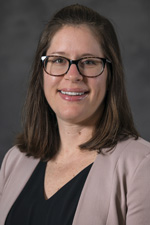 to allow community colleges and high schools to partner to add College/Career Transition Counselors (CCTC). Now, 2 ½ years later, there are nearly 50 CCTCs across the state with nearly every community college employing at least one school counselor. By the end of this school year, there are plans to have a CCTC at every community college serving at least one high school. As the network expands, it is important to understand the role of this new person at Iowa high schools and how college admission counselors can partner to increase student enrollment in college.
to allow community colleges and high schools to partner to add College/Career Transition Counselors (CCTC). Now, 2 ½ years later, there are nearly 50 CCTCs across the state with nearly every community college employing at least one school counselor. By the end of this school year, there are plans to have a CCTC at every community college serving at least one high school. As the network expands, it is important to understand the role of this new person at Iowa high schools and how college admission counselors can partner to increase student enrollment in college.
Read More
My Life as an International Advisor
Do you know how it feels to go to another country and not know anybody? Or not know what to do? As the Coordinator of International and Multicultural Connections, I get to meet with a lot of students from different nationalities, backgrounds and cultures. When you work in higher education, you need to make sure to understand your role as an advisor; you want to make students feel like they can achieve the impossible and every goal is doable. Even when you have all the years under your wing and know all the tricks regarding advising students, sometimes that isn’t enough to connect with students.
Multicultural Connections, I get to meet with a lot of students from different nationalities, backgrounds and cultures. When you work in higher education, you need to make sure to understand your role as an advisor; you want to make students feel like they can achieve the impossible and every goal is doable. Even when you have all the years under your wing and know all the tricks regarding advising students, sometimes that isn’t enough to connect with students.
Read More
Latinos Unidos of Iowa is a non-profit organization led and founded by Lena Robinson. Last year, I served on the Board of Directors as their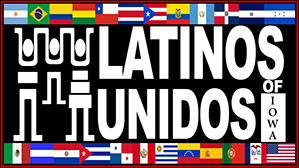 Scholarship Liaison and wanted to take some time to highlight the incredible work that LU does every day. One of the primary missions of this organization is to meet and connect with Latinx students and individuals throughout Iowa, providing resources for students as well as offering scholarships to students pursuing associate, undergraduate, graduate, and post-graduate programs in Iowa.
Scholarship Liaison and wanted to take some time to highlight the incredible work that LU does every day. One of the primary missions of this organization is to meet and connect with Latinx students and individuals throughout Iowa, providing resources for students as well as offering scholarships to students pursuing associate, undergraduate, graduate, and post-graduate programs in Iowa.
Read More
“Go to the FAFSA website and create your FSA ID. You will need to use your parent's 2019 tax returns which you can link to your FAFSA using the IRS Data Retrieval Tool. Once we receive your FAFSA, we can tell you how many loans and grants you qualify for based on your EFC. You might get selected for verification. You will be notified if you are selected, and additional documentation will need to be completed. Login to TritonPass and accept your financial aid package under the ‘Academic Profile’ tab. You will then be prompted to complete Entrance Counseling. We recommended only borrowing what you need, and suggest avoiding the unsubsidized loan if possible because that accrues interest while you are attending college. Do you have any questions? Great! Call us if you need help with anything.”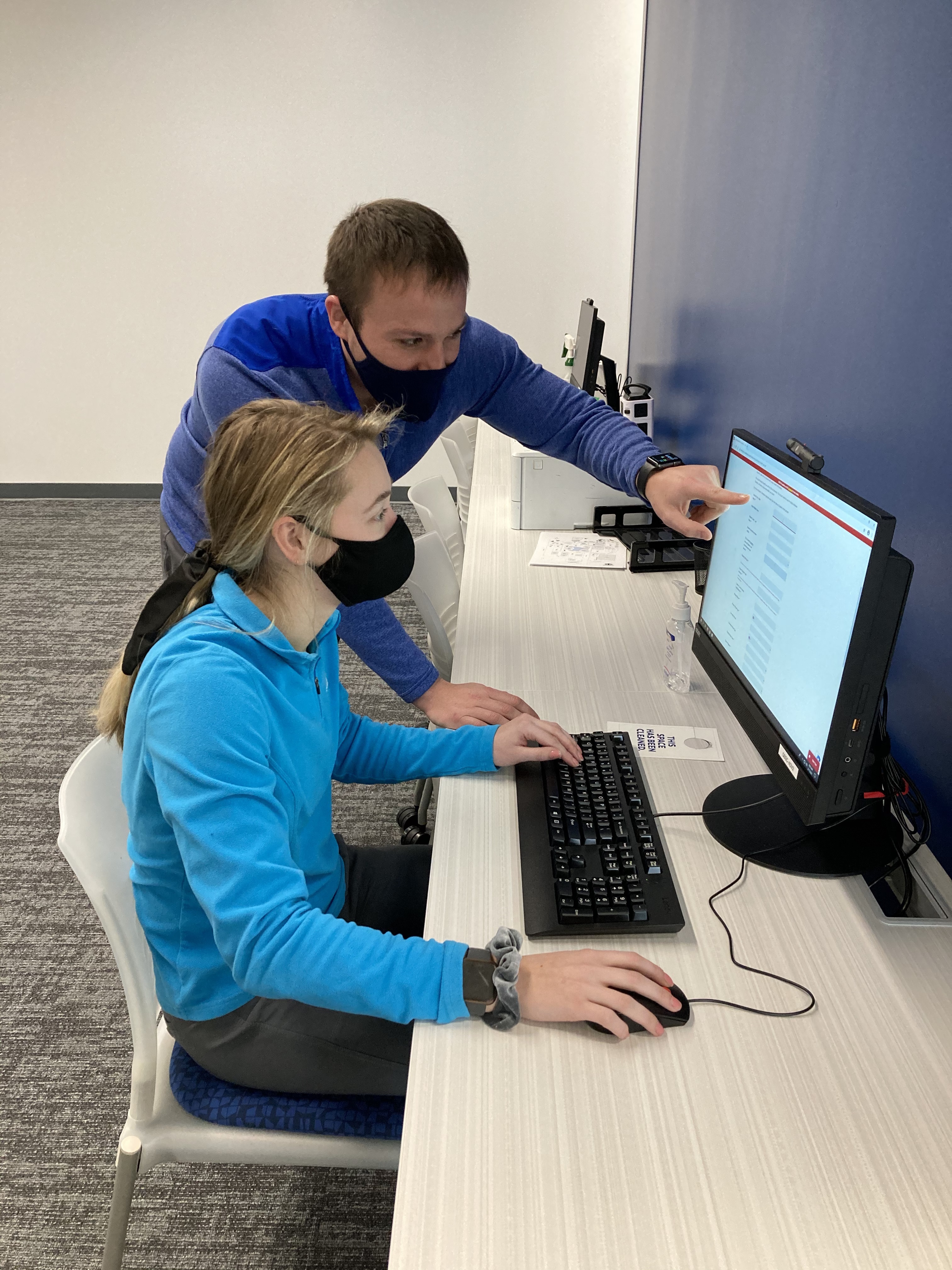
Read More
LEAPing to Success!
The Iowa ACAC Inclusion, Access, and Success committee chaired by Juana Hollingsworth and Jesus Lizarraga-Estrada recently hosted 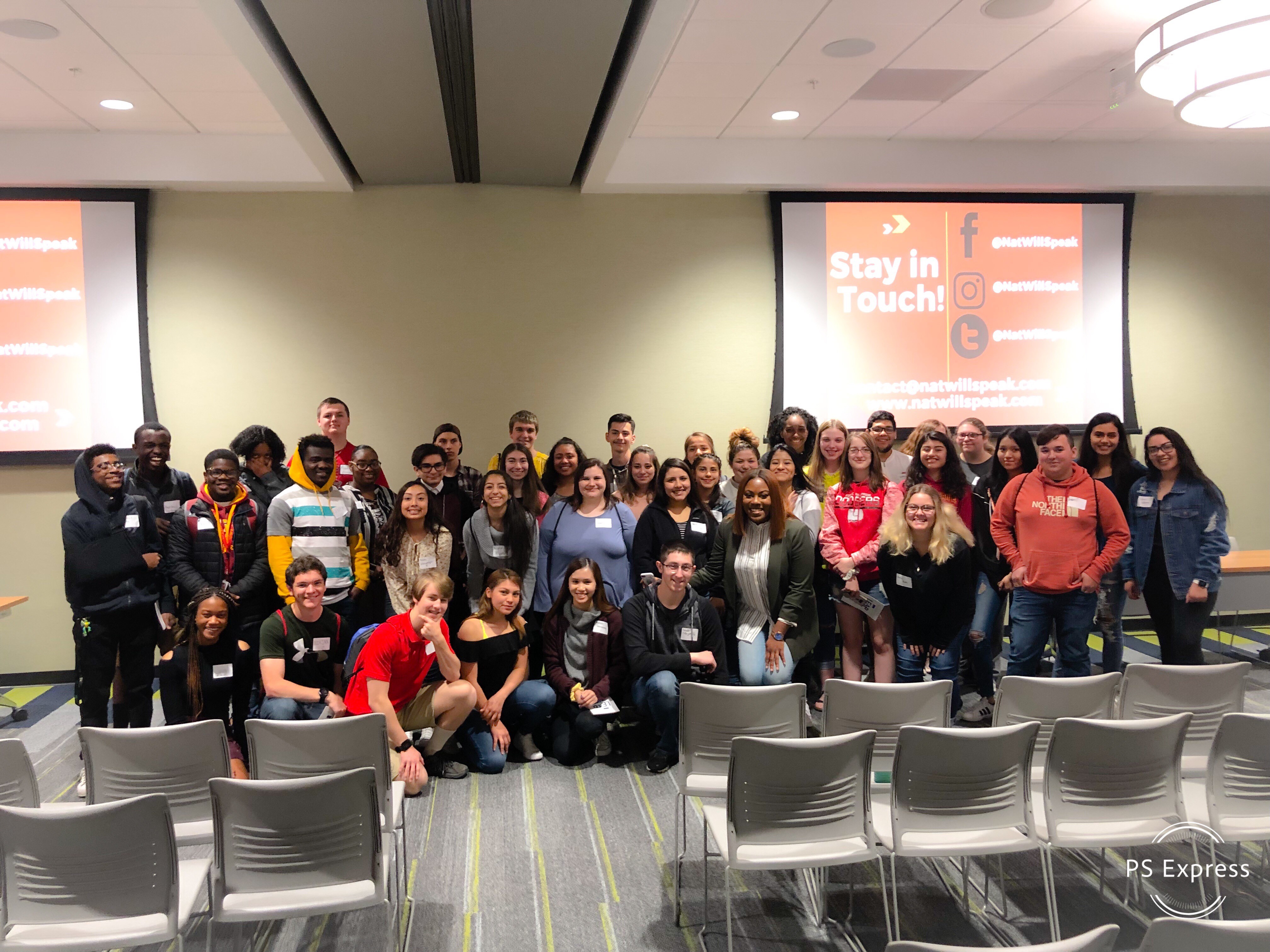 another successful L.E.A.P Conference (Leading, Excelling, Academically and Professionally). The leadership conference is for underrepresented high school students in the state of Iowa. The conference this year was hosted at the Des Moines Area Community College (DMACC) Ankeny Campus on Wednesday, April 24, 2019. Last year's conference was hosted in Cedar Rapids at Mount Mercy University.
another successful L.E.A.P Conference (Leading, Excelling, Academically and Professionally). The leadership conference is for underrepresented high school students in the state of Iowa. The conference this year was hosted at the Des Moines Area Community College (DMACC) Ankeny Campus on Wednesday, April 24, 2019. Last year's conference was hosted in Cedar Rapids at Mount Mercy University.
Read More
Get Ready to LEAP!
The Iowa ACAC Inclusion, Access, and Success Committee is excited to host the third annual L.E.A.P. Conference on Wednesday, April 4, 2018!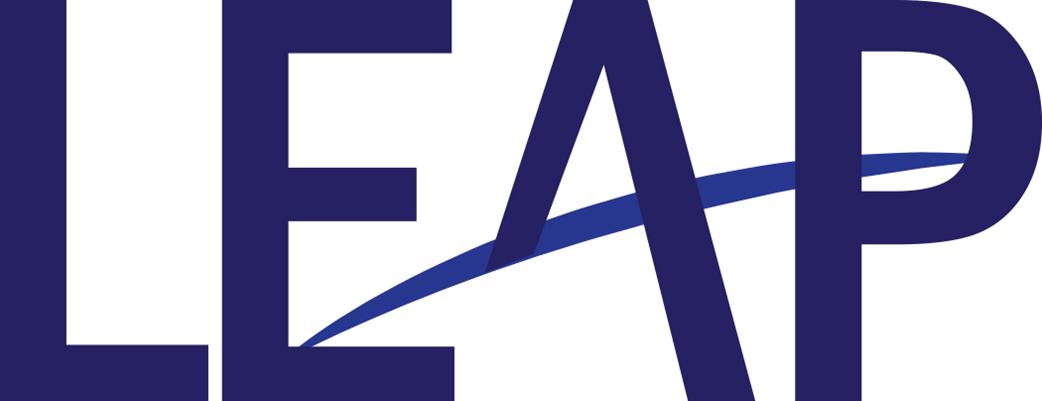
Read More
Advice for DACA Students
The Deferred Action for Childhood Arrivals (DACA), has been a huge help to the immigrant population that arrived here as children. After the entire  population was placed on a roller-coaster of having DACA rescinded and reinstated, we are not yet sure what the future holds. As a recipient myself, and undocumented before this, I was always afraid of disclosing my immigration status. Although DACA recipients cannot apply for any federal aid, there are many ways that institutions can offer help. Here is what we recommend for DACA recipients:
population was placed on a roller-coaster of having DACA rescinded and reinstated, we are not yet sure what the future holds. As a recipient myself, and undocumented before this, I was always afraid of disclosing my immigration status. Although DACA recipients cannot apply for any federal aid, there are many ways that institutions can offer help. Here is what we recommend for DACA recipients:
Read More
Best Practices: Advising First Generation Students in the College Admissions Process
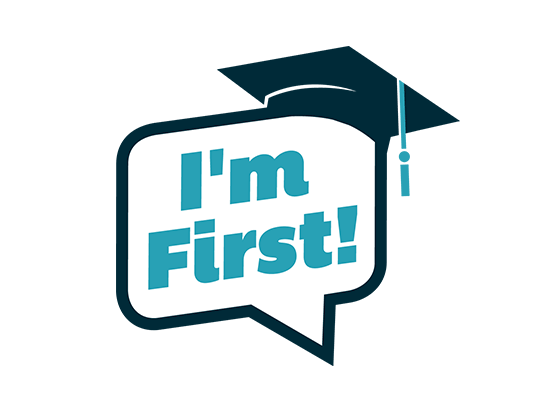 There has been a lot of attention on helping first generation students navigate the college search process, and rightfully so! There is confusion for most high school juniors and seniors, let alone those who haven’t had anyone in their family navigate the process before. So let’s start there. When we talk about first generation students, we are referring to students whose parents have not obtained their four-year college degree. Here is what we recommend when working with this student population:
There has been a lot of attention on helping first generation students navigate the college search process, and rightfully so! There is confusion for most high school juniors and seniors, let alone those who haven’t had anyone in their family navigate the process before. So let’s start there. When we talk about first generation students, we are referring to students whose parents have not obtained their four-year college degree. Here is what we recommend when working with this student population:
